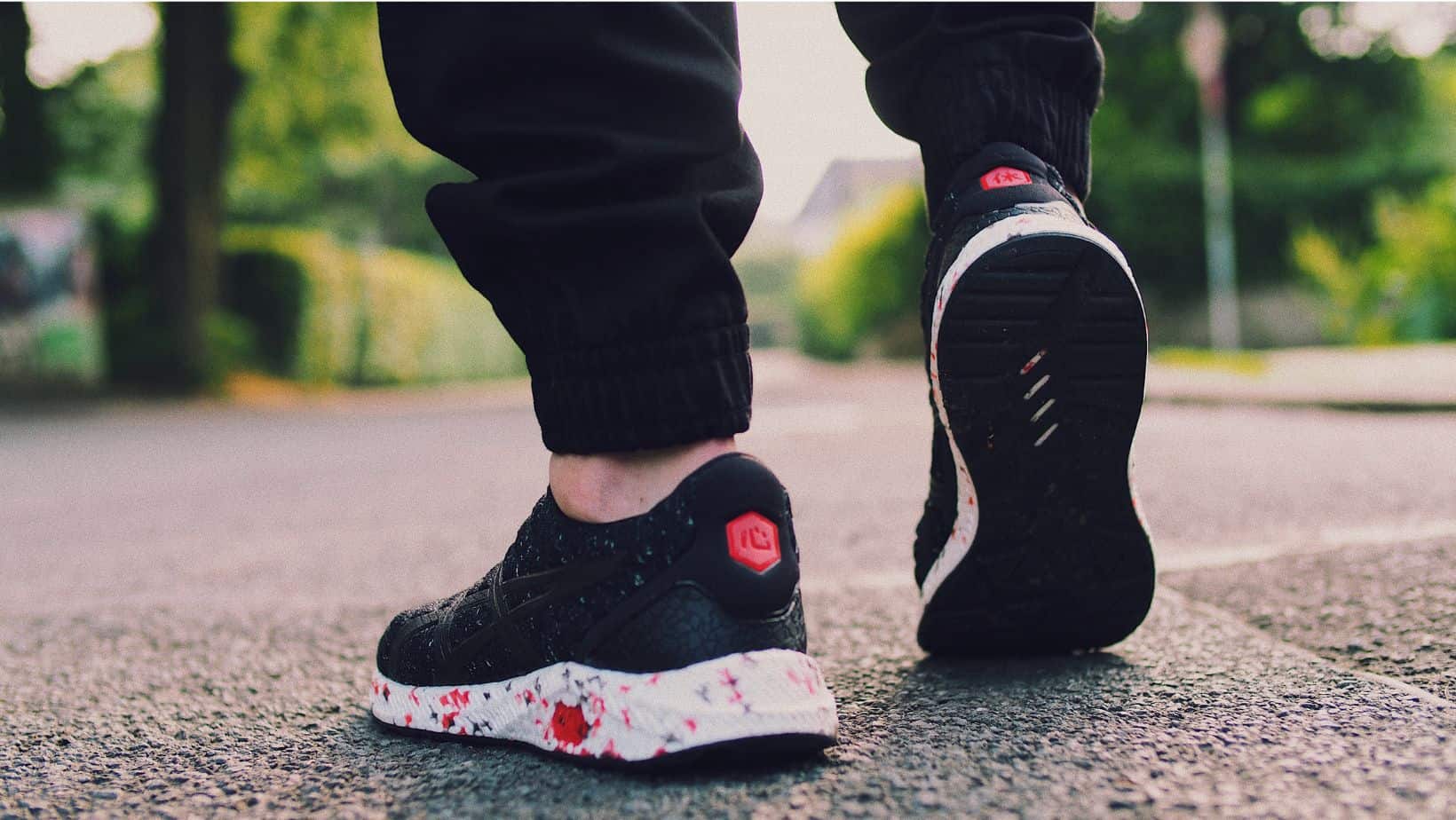Posterior Tibial Tendonitis
Read More >

In our experience, running is not recommended during the acute stage (0-72 hours) of Posterior Tibial Tendonitis.
However, it is essential to strengthen the tendon after this stage to stop it from deconditioning. One way to do this is by continuing to run.
Posterior Tibial Tendonitis likes a consistent, steady running pace. Try to avoid hill running or interval sessions, and it is okay to have low-level pain once it settles within 24 hours post-run.
Try to give 3-4 days of rest between runs, and if there is a flare-up of your pain, wait until this settles before running again.
Related Article: Best Running Shoes for Posterior Tibial Tendonitis
In our experience, you can continue to do short, frequent walks with Posterior Tibial Tendonitis. We recommend walking 15-30 minutes, 2-3 times daily rather than one long walk.
If you have increased pain the following morning, this is a sign of an overload of the tendon. In this instance, reduce the time or amount of walks the following day.
Try to keep your step count consistent daily, as fluctuations in these can lead to tendon irritation.
Related Article: Best shoes for Posterior Tibial Tendonitis

Posterior Tibial Tendonitis is typically aggravated by impact activities such as walking or running therefore, cycling is a good alternative for cardiovascular exercise.
When cycling with Posterior Tibial Tendonitis, we recommend the following:

In our experience, you can continue weightlifting with Posterior Tibial Tendonitis, as it is mainly aggravated by impact activities or prolonged amounts of time on your feet.
However, you should avoid deep squats or the leg press machine as the high dorsiflexion angle can irritate the Posterior Tibial Tendon as it wraps around the fibula.
This article is written by James McCormack, a Lower Limb Specialist who is an expert in treating Posterior Tibial Tendonitis.
This is not medical advice. We recommend a consultation with a medical professional such as James McCormack if you are experiencing any of the symptoms discussed in this article. James offers Online Physiotherapy Appointments weekly and face-to-face appointments in his London clinic.